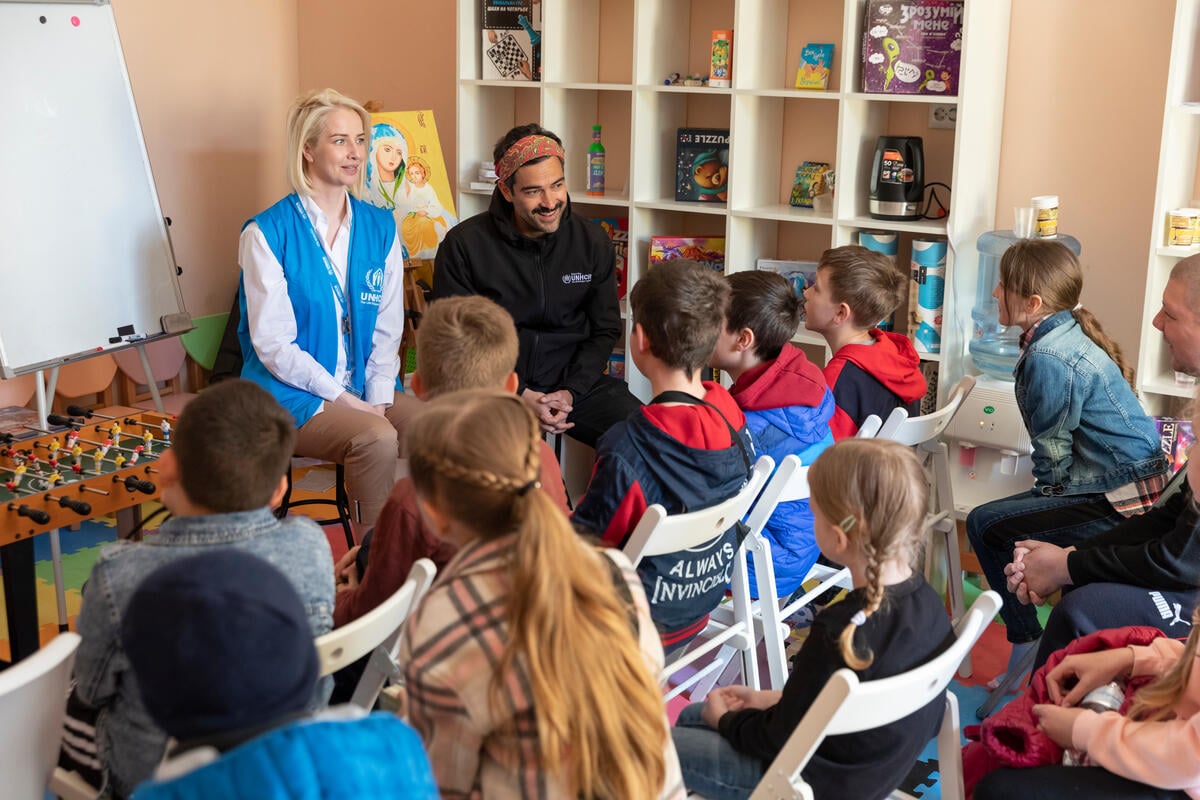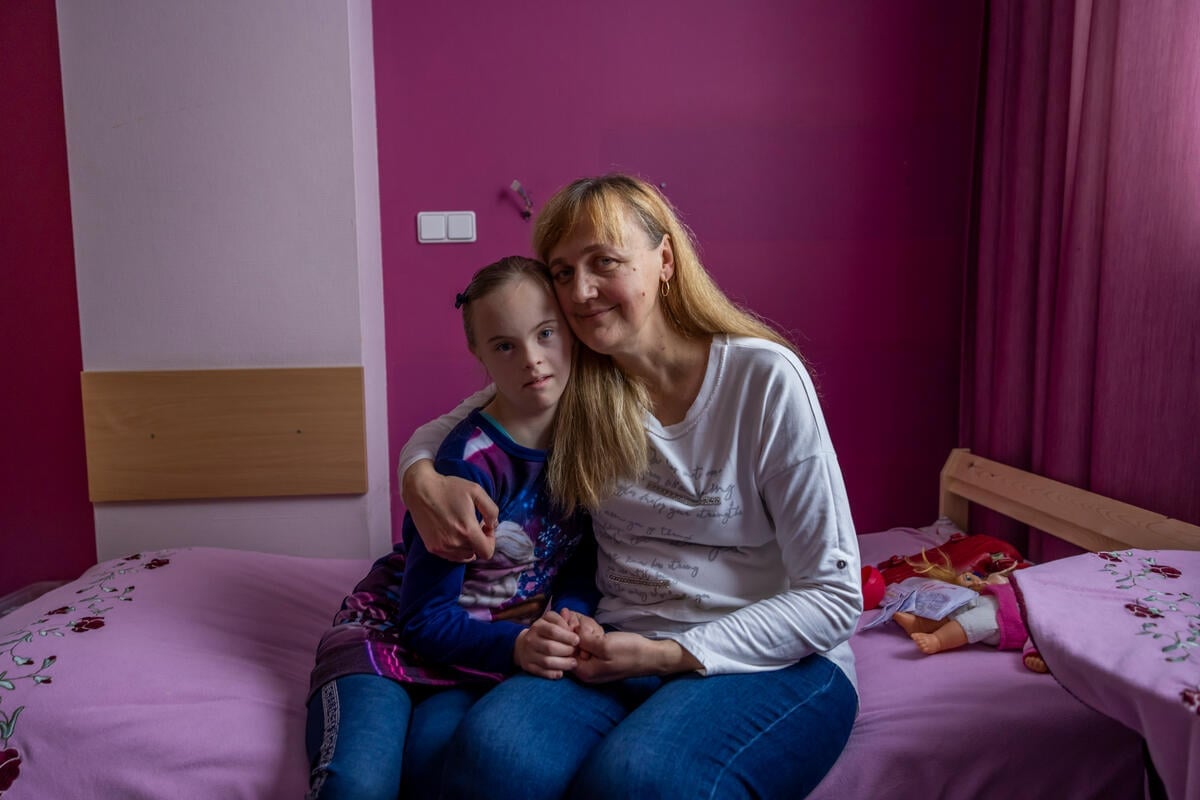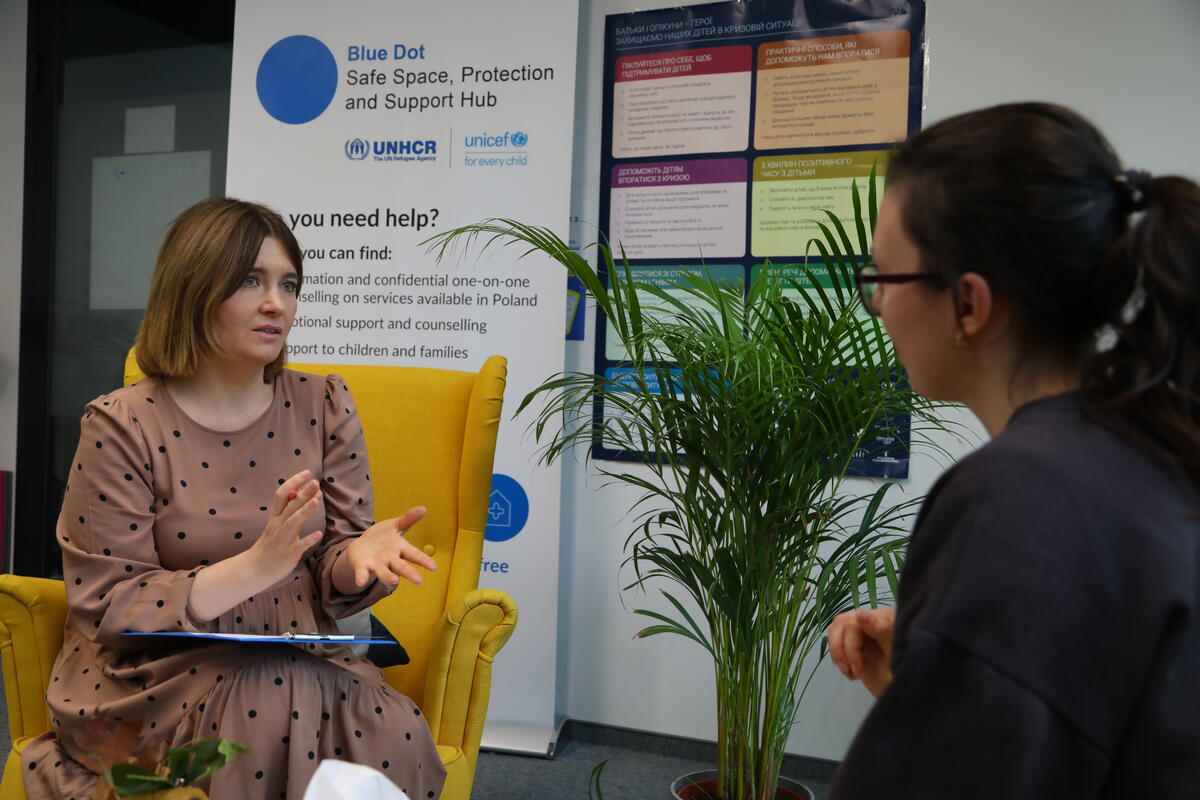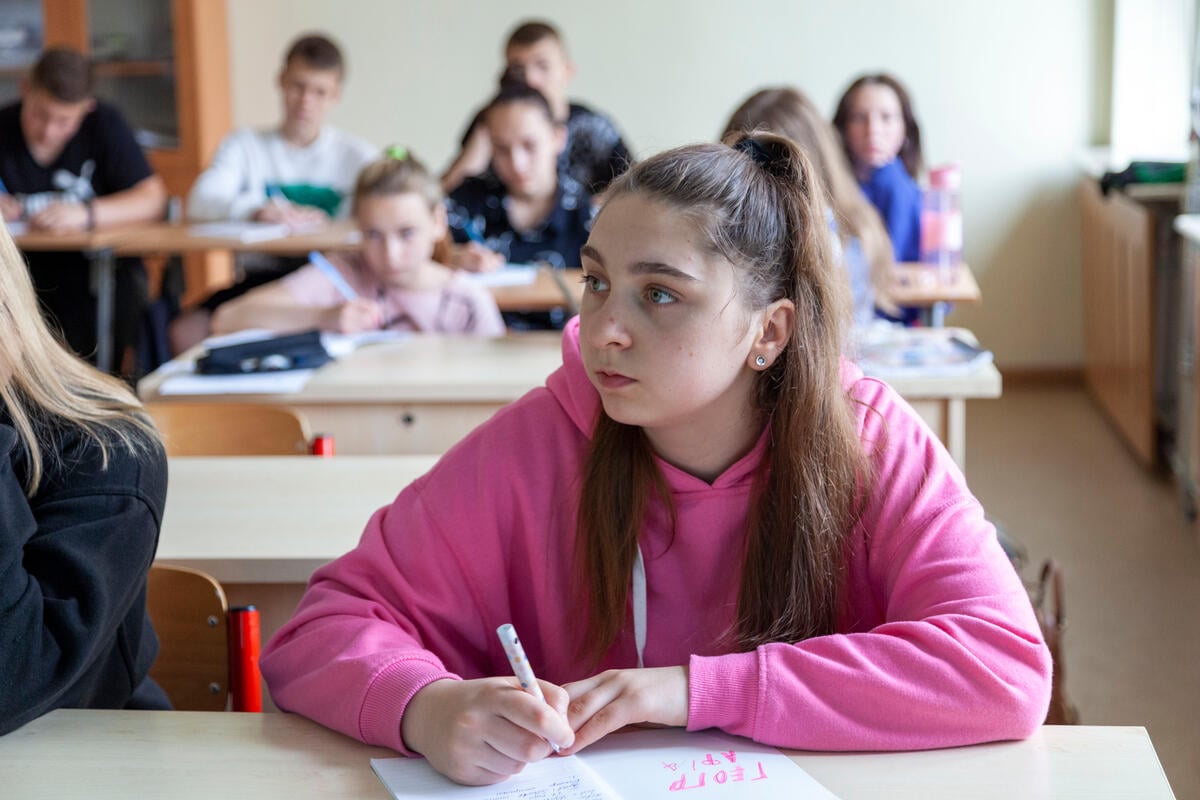UNHCR-sponsored studies reveal homelessness as a serious threat to refugees in Poland, Bulgaria and Slovakia
UNHCR-sponsored studies reveal homelessness as a serious threat to refugees in Poland, Bulgaria and Slovakia
UNHCR is today publishing three studies, under the title Where is my home? on housing issues and homelessness among refugees and asylum seekers in Poland, Bulgaria and Slovakia. These studies are part of a regional initiative by UNHCR in central Europe and are based on research in the three countries during 2012.
Homelessness and the threat of homelessness are two of the most serious conditions affecting refugees and asylum seekers living in Poland, Bulgaria and Slovakia.
In Poland, the study found that up to 10 per cent of people receiving international protection are "living in extreme homelessness" - without a roof over their head. Between 30 and 40 per cent are categorised as "living in housing exclusion" - sheltered, but without permanent accommodation. Only 20 per cent of Poland's asylum-seekers and refugees are living in "secure and adequate" housing conditions.
The refugee housing crisis in Poland is caused by shortcomings in the integration process and policies that limit the ability of asylum-seekers to find jobs. The report recommends that refugees in Poland be given greater financial assistance during integration, that they be assisted in finding their first home, and that the state increase the availability of "bridge housing" - temporary accommodation for refugees who are in the process of integrating.
In Bulgaria, researchers identified homelessness as a threat at every stage of the asylum process. In addition to discovering homelessness among newly arrived asylum-seekers, researchers found at least one example of a fully integrated refugee who was destitute and living on the street.
According to the report, a major cause of homelessness in Bulgaria is due to the policy of prolonged detention. In order to be released many asylum seekers are falsely declaring that they have accommodation elsewhere, but are unaware that these declarations make them ineligible for further state protection.
The report on Bulgaria called the country's refugee integration measures "insufficient in their scope and duration." Among a list of 20 recommendations, the report suggests that Bulgarian municipalities become partners in refugee integration in order to increase the availability of housing; that the Bulgarian State Agency for Refugees work with NGOs and UNHCR in providing accommodation for homeless foreigners; and that the country's integration process is reformed.
The report also notes that small measures, such as forging federal-municipal partnerships in providing Bulgarian language classes for foreigners, may have a positive effect since language skills are a vital pre-requisite for finding employment.
In Slovakia, researchers found that the country's official integration centre, a ten-flat complex situated in the city of Zvolen, was empty at the time of the study and had not been occupied by asylum seekers since 2011. Similarly, nine low-rent apartments in Bratislava earmarked for refugee accommodation were unavailable for occupancy at the time of the study.
In 2011, 491 foreigners applied for asylum in Slovakia. Only 12 asylum applications were granted and 91 people were given subsidiary protection. Seven refugees achieved Slovak citizenship. This record improved in 2012, according to the Slovak Ministry of Interior, with 32 foreigners given asylum out of 732 applications, and subsidiary protection granted to 104 people. No refugees were granted citizenship in 2012.
The studies were conducted as part of the UNHCR's mandate to promote refugee integration in host countries, and to monitor integration issues such as housing, employment, education and public attitudes towards foreigners and asylum-seekers.
Similar research is currently underway in Romania, Slovenia, Hungary and the Czech Republic which will be published in the coming months.
For more information on this topic, please contact:
- In Budapest, Ariane Rummery, +36 1 336-3079, Mobile: +36 30 530 9633.
- In Bulgaria, Boris Cheshirkov, Mobile: +359 878 507 041.
- In Poland, Rafal Kostrzynski, Mobile: +48 788 224 010.
The reports are available at: http://www.unhcr-centraleurope.org/









